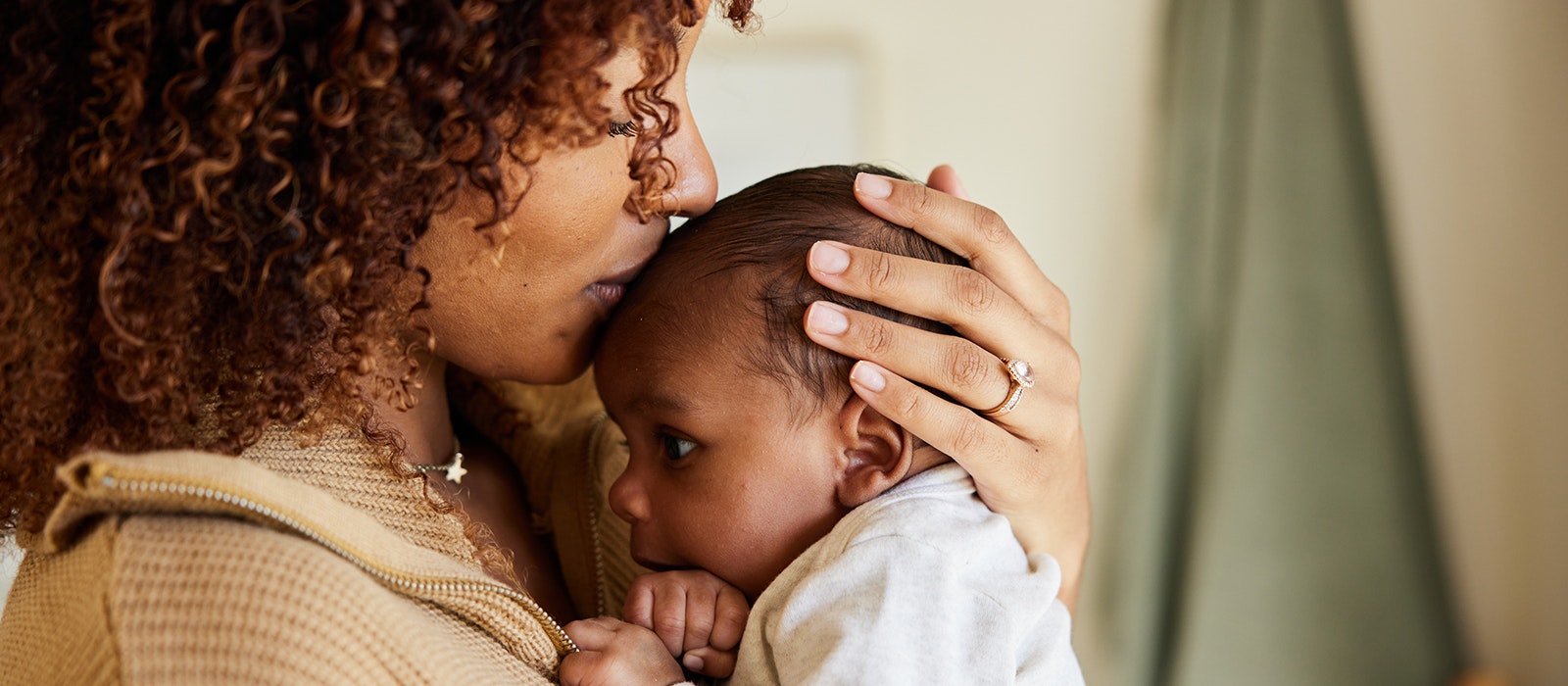"This Mother’s Day, honor mothers and families by supporting criminal justice reform policies that will reunite families."
MASS INCARCERATION IS A MOTHER’S ISSUE
For some, Mother’s Day is a time of celebration. A day of sloppy baby kisses, breakfasts in beds, homemade cards and rousing social media tributes. But it can be a painful day for many reasons. This year, nearly 150,000 women will spend the day in prison or jail, separated from their families. And many others will spend their day commuting to and from a prison or jail and waiting in a dingy, poorly lit waiting room hoping to spend just a few precious moments with their child.
There are real life impacts of mass incarceration and its widespread effect on mothers and children. 1 in 2 adults have had a family member incarcerated, and at least 5 million children have had a parent incarcerated. Nearly 60% of women in prison have a child under the age of 18, and 80% of women in jail are mothers. Nearly 60,000 people each year are pregnant when they enter prison or jail.
Pretrial detention is especially harmful for mothers. More incarcerated women are held in jail than in prison and more than 2 million women cycle in and out jail in the U.S. each year. More than 60% of women in jails have not been convicted of a crime, and 62% of those are charged with property or drug crimes. An estimated 66% of all women held pretrial because they cannot afford bail are mothers.
Most of the women incarcerated in prisons and jails in the U.S. are the primary or sole caregiver for their young children. The harms of incarceration on children are numerous, ranging from decreased financial stability to serious educational, physical, and emotional health repercussions. Long stays in jails and prisons put detained and incarcerated mothers at particular risk of permanently losing their parental rights. Even short stays in jail can have major consequences on education, employment, and housing–and because of this destabilizing effect, they can make parents more likely to be rearrested.
Even when mothers are not the person incarcerated, having a loved one or co-parent in jail or prison places an incredible burden on mothers and families. Nearly 2 in 3 families with an incarcerated member in a national survey were unable to meet their family’s basic needs, including nearly half who struggled to afford basic food or housing needs. And while incarceration affects families of all kinds, these effects are not felt equally: Black people are incarcerated in state prisons at five times the rate of white people and are 50% more likely to have an immediate family member who has spent time in jail or prison. This is especially awful considering that research has repeatedly shown that incarceration is among the least effective and most expensive means to promote public safety. We don’t have to accept these outcomes for mothers and families.
This Mother’s Day, honor mothers and families by supporting criminal justice reform policies that will reunite families.

